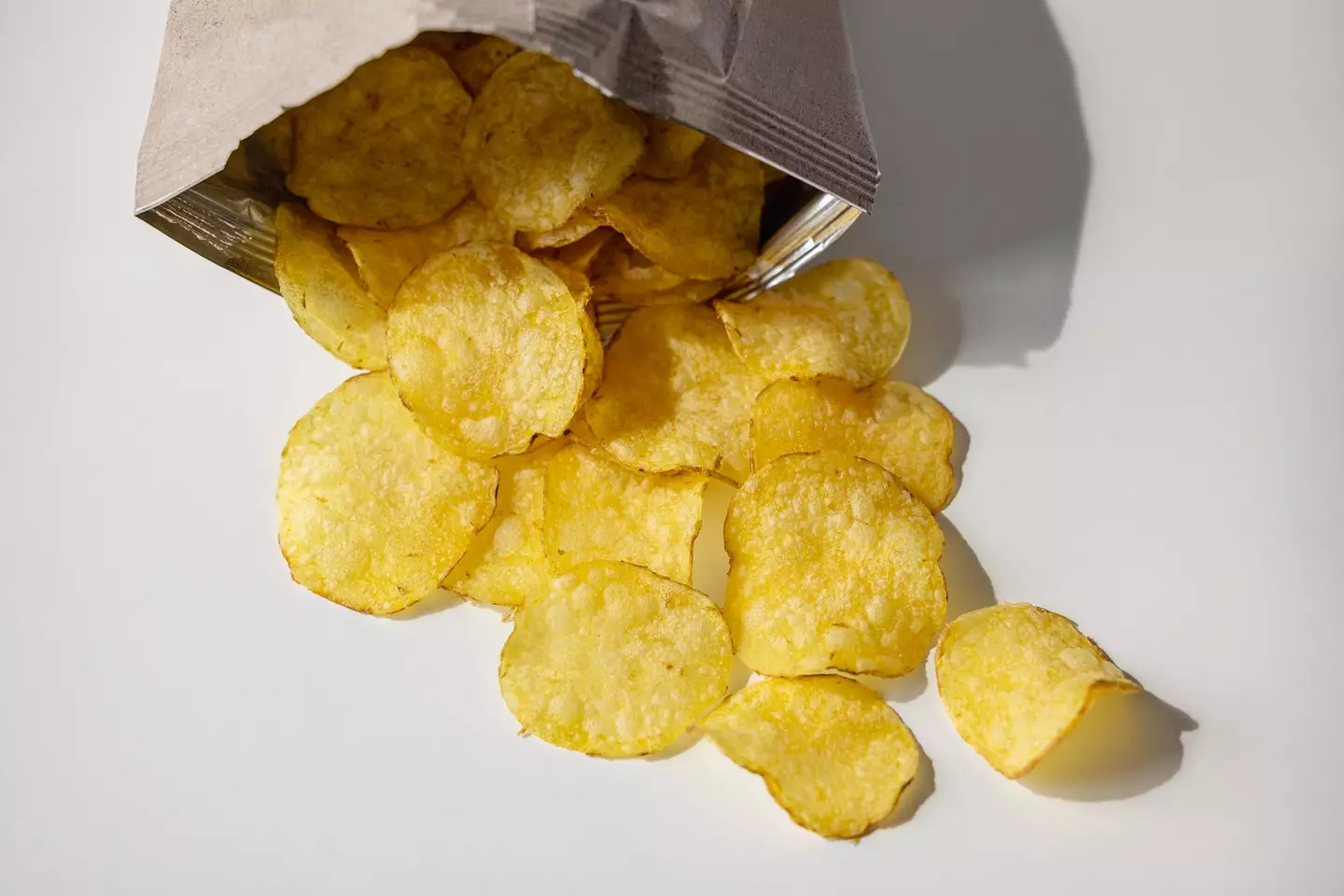
What is ADHD?
Attention Deficit Hyperactivity Disorder – more commonly known as ADHD – is a neurodevelopmental condition which results in a lack of attention and/or hyperactivity which can interfere with day-to-day functioning or development.
There are a number of indicators that a person may have ADHD, though the ADHD UK website notes that they depend on the age of the person, how long the symptoms have been present for, and whether or not they’re appropriate for the relevant developmental stage.
Inattention
Examples of inattention include making careless mistakes, failing to listen when spoken to, failing to follow through on instructions, and trouble organizing tasks.
Hyperactivity and Impulsivity
These symptoms may be apparent in behaviors such as fidgeting, excessive talking, and trouble waiting for their turn.

Inactivity is a symptom of ADHD (Getty Stock Photo)
What research has been done into diet and ADHD?
A paper published in the Journal of Attention Disorders explores the link between eating habits and ADHD, with study author Laura Dalnoki and her colleagues researching potential links in young Dutch people aged 16 to 20.
To begin the study, the researchers analyzed data from a 2000-2002 study which looked at pregnancy-related pelvic girdle pain, and collected data from the children of the parents involved in the study, resulting in 810 adolescent-parent pairs.
The young participants then completed an assessment about their diets, which looked at 28 different food and drinks and questioned often they consumed each item.
The participants also reported whether they had ever been diagnosed with ADHD.
In the meantime, the parents in the study reported on any of their children’s behavioral problems and impulsivity.

The study noticed a pattern with snacking (Getty Stock Photo)
What is the link between diet and ADHD?
After considering the results, the researchers found that the participants’ diets could be categorized into five groups:
- Snacks – including dried snacks, chips and nuts, as well as a high intake of soft drinks, energy drinks and fruit juice
- Healthy – lettuce, raw vegetables, fruit, eggs, and tea
- Animal-based – dairy products, meat, and fish
- Sweet – pastries, candy, chocolate bars, cake, and biscuits
- Beverages – diet soft drinks, light fruit juices/drinks, sports drinks, and energy drinks
There were 80 participants who had been diagnosed with ADHD, and the researchers found that this group of people reported eating food and drinks from the ‘snacks’ group more frequently than those without ADHD.
The study authors also noted that participants who scored higher on the ADHD symptom severity assessments completed by their parents were found to consume food and drink items from the snacks category more frequently, and that participants who scored higher on impulsivity seemed to consume sweet items less often, but from the beverage group more often.
All in all, the study authors concluded that impulsivity, ‘rather than ADHD itself’, showed the strongest link to dietary behavior through its association with increased snack consumption. However, since impulsivity is a symptom of ADHD, this also provides a link to the condition.
The authors acknowledged that further research may be needed to fully understand the link, but added: “Targeting adolescents’ impulsive behavior could notably influence their dietary choices, potentially offering substantial health benefits.”


